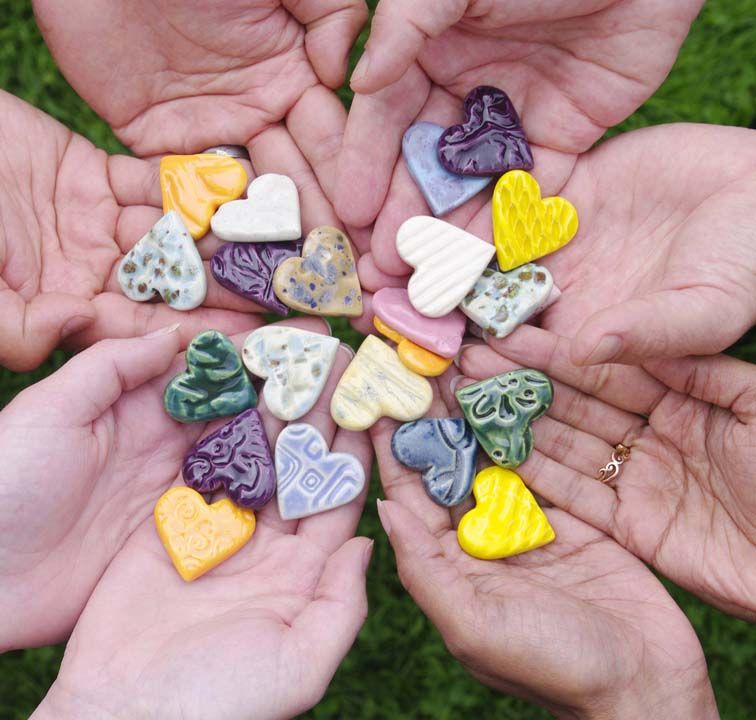
Celebration Day falls on the 27th May this year and is an opportunity to come together to celebrate the memory of someone special. After the death of someone close, like a parent or a sibling, or even after the death of someone who has impacted your life in a meaningful way, memories become more important, especially to children, as a way of continuing the bonds. Keeping those memories alive, and celebrating them, are a crucial way to validate a child’s emotions and help them express their thoughts and feelings.
“Death ends a life not a relationship. All the memories you created are still there.” Morrie Schwartz
When children lose someone important in their life, they may fear that they will forget important or happy memories of them. Children and young people who were old enough to have memories of the person who died can often worry that they will forget their voice, their smile, their smell. So helping them to maintain those memories can help them with their grief by creating something physical, gives children something to actually hold on to. Other children may have been too young when the person died to have many memories. This can make them feel distanced from the person who should feel so close. For them, telling stories and sharing your memories of that person can help them as they grow up.
Sometimes, children will have had a challenging or very distant relationship with the person who died. Talking about positive memories, while also acknowledging difficult ones, can help a child gain perspective on the person and find a way to grieve. At Grief Encounter, we find ways to help grieving children, young people and their families to remember and mechanisms of handling difficult memories so that children can go on to grieve positively.
For those who were old enough to have memories of the person who died, it can be important to refresh them. This could be through activities such as sharing photographs of past events or creating a collection of special things connected with person. Refreshing memories is a little like re-saving a computer file: the memory is kept vivid and strong. Here are some ideas:
A Memory Box: A memory box is a place to keep all kinds of things that remind children and young people of the person who has died. This can include jewellery or a watch, cards or items of clothing like a tie or scarf. You could include tickets from places visited together (a film, a museum, a football match), copies of their favourite music, perfume or aftershave associated with the person who has died.
A Special Day To Remember: It can help to have a dedicated time to remember the person who has died when you do things that remind you of them. This can include going to a place you associate with them and taking their favourite sandwiches (and yours!) and cake. You could listen to a favourite album or track or watch their favourite film. Or you could wear their favourite colour. You can also take part in an organised event and use this as your day to remember – such as The Forget-Me-Not Walk. Gather family and friends and take part together to remember.
Senses: It is especially hard for young children to hold on to memories, so keeping objects is important, and with that, being mindful that we remember with our senses. Perfume or things that smell of the person who has died or an audio recording of the dead person’s voice can be very helpful and become very special to keep.
A Memory Jar: This can be a big jar in which people slip post-it notes with memories of the person who died whenever they like. Anyone who wants to remember can pull one out at random.
Planting Forget-Me-Nots: Children can write memories on little pieces of paper that can be placed in the soil and spring bulbs like Forget-Me-Nots planted. These can be planted on our Forget-Me-Not Walk, which takes place on the 26th March 2023. You can walk anywhere, at your own time or to a special place to remember someone special.
For more information on how we can support you and your family, our helpline, grieftalk, is open weekdays, 9am – 9pm for free, confidential listening support and advice. Please call us on 0808 802 0111 or web chat via our homepage.